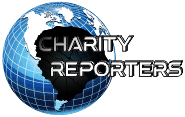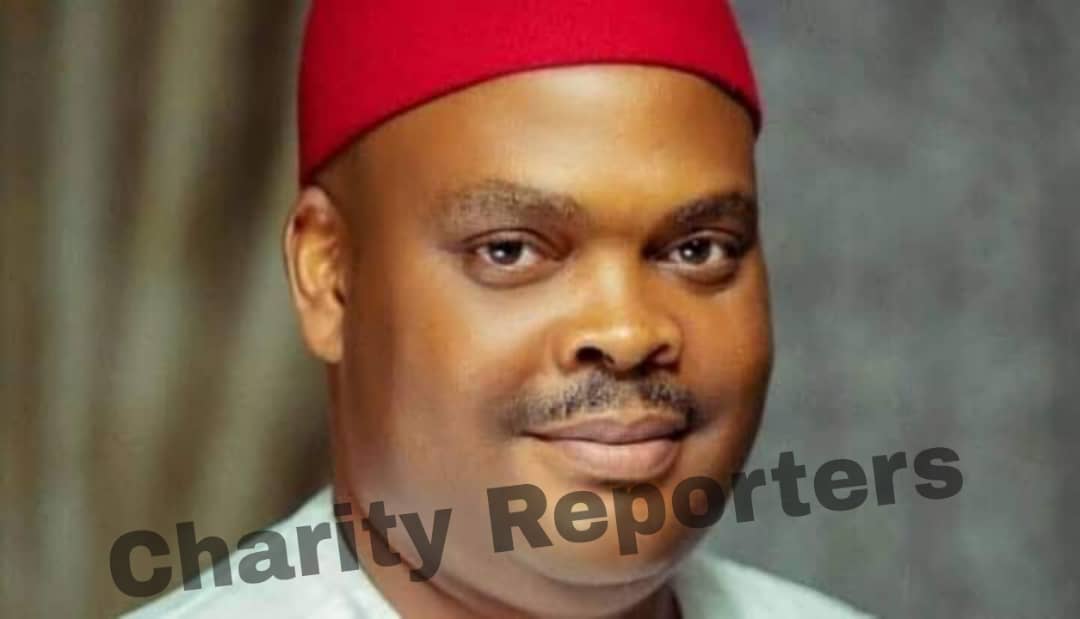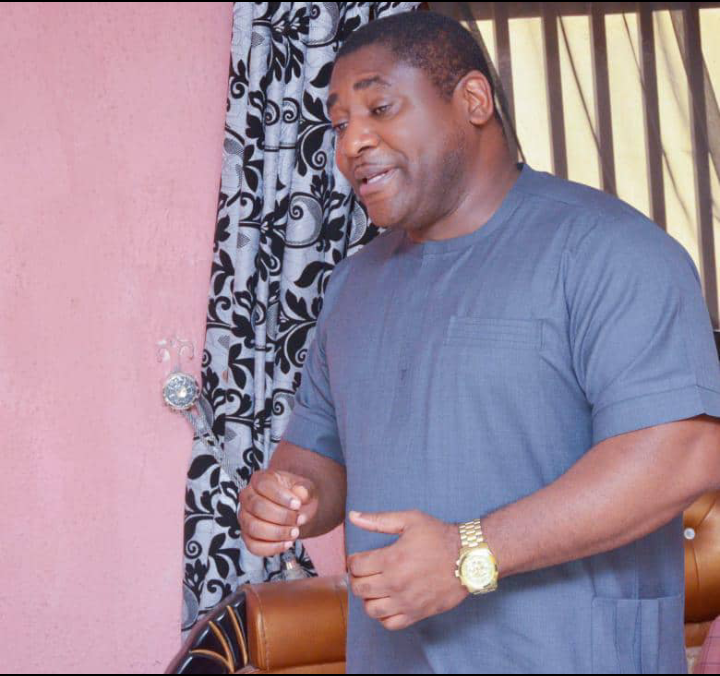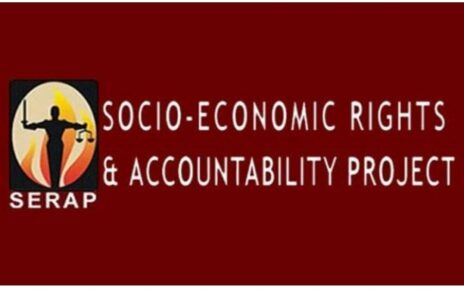Nigeria Revenue Challenges Can Be Tackled – Agora Policy
Agora Policy, on Monday, recommended some measures that could be adopted by the Federal Government in tackling Nigeria’s revenue challenge.
In a statement titled, ‘Options for Revamping Nigeria’s Economy’, the policy think tank group explained that revenue challenge remains one of the most critical policy issues of the federal government.
The report showed that FG’s tax revenue-to-GDP shrank from 8.2% in 2011 to 4.4% in 2019. The tax figure for the FG is the lowest for central governments in Africa and among Nigeria’s peers.
“The revenue problem is compounded by leakages such as an increase in oil theft and petrol subsidy, both of which significantly reduce the revenue from oil sales that used to account for the bulk of government revenue. Oil theft has reduced Nigeria’s oil production by almost half while most of the revenue that should accrue from the sale of federation oil is swallowed by petrol subsidy, which the report argues goes more to the rich than the poor.
- Groups Call On Soludo To Implement #ENDSARS Panel Report
- Calabar Carnival: A Charm That Characterises Creativity Has Kicked Off
- 2023: Atiku Is A Hypocrite, Desperate To Rule Nigeria
- Google Traffic: Following Trends Of Nigeria’s Most Sought After Presidential candidates
- ASUU: Universities That Are Will Resume Activities This Monday
According to the report, the petrol subsidy alone gulped N1.59 trillion in the first half of 2022 (January to June).
“The N1.59 trillion half-year expenditure on petrol subsidy dwarfs the full-year 2022 budget for social development and poverty reduction (N462 billion), health (N876 billion), education (N1.34 trillion) and infrastructure (N1.42 trillion). The report contends that petrol subsidy is no longer sustainable and should be removed but its removal should be accompanied with effective communication and targeted transfer to the vulnerable.”
But proffering solutions that could boost revenue, the Waziri Adio-led Agora Policy urged the government to undertake petroleum sector reforms to end petrol subsidy and check oil theft.
Others include ensuring greater compliance in remittances by revenue-generation agencies; further diversifying revenue sources for the government; increasing the tax base and improving the efficiency of tax collection; raising tax rates on luxury/’sin’ items and VAT and selling and concessions some government assets.
In tackling the negative impact on Nigeria’s productivity, investment and human welfare, the report recommends prioritising and finetuning job creation strategies, with a special focus on the SMEs; Scale up investment in education, especially technical and vocational skills training and expanding investment in critical infrastructure, including through public private partnerships.
Others are increasing coordination across tiers of government on poverty alleviation programmes; diversifying export base, especially agro-processing and light manufacturing; conducting a comprehensive review of Nigeria’s trade policy framework and replacing distortionary and inefficient non-tariff measures with import duties.
Also recommended are phasing out restrictive trade practices like border closure and import bans;
addressing cumbersome customs processes and tackle corruption and leakages at the ports; redefining exchange rate policy towards making Nigeria a more competitive economy with regard to present and potential non-oil exports. It is also recommended that the CBN should prioritise inflation management and work with the FG to end Ways and Means.
Produced with the support of the MacArthur Foundation, the report is the first of four policy papers commissioned by Agora Policy to contribute to national debate before, during and after the 2023 elections in Nigeria.
If you liked this article, then please join our WhatsApp Group for More tutorials. You can also find us on Twitter and Facebook.
Disclaimer: Contents provided and/or opinions expressed here do not reflect the opinions of The Charity Reporters or any employee thereof.





